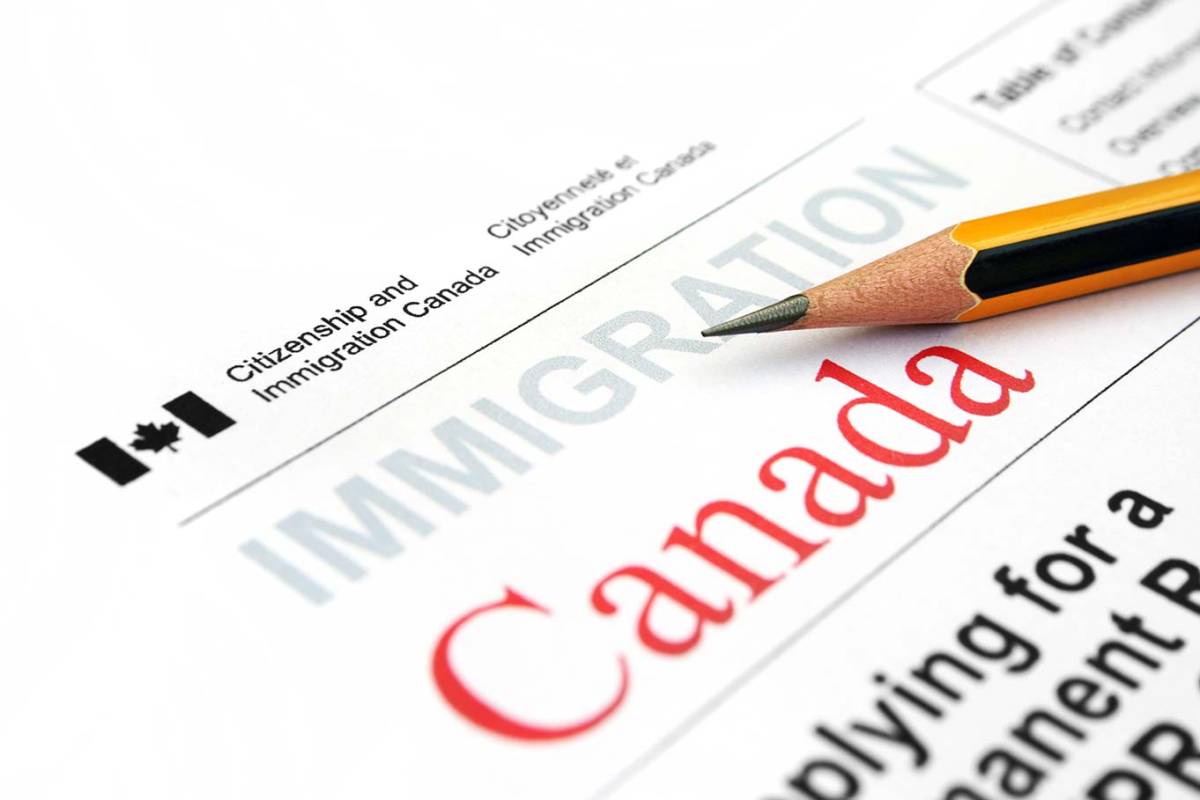Important Things to Know for International Students Applying for Canadian Immigration
The Immigration, Refugees and Citizenship Canada (IRCC) has recently announced new eligibility criteria for Post-Graduation Work Permits.

The Canadian government has announced new restrictions on work and study permits to reduce the number of international students entering postgraduate studies annually. At the same time, the government is changing its immigration policies to counter the housing crisis.
The Canadian Minister for Immigration plans to reduce international student intake by 35% in the coming years despite their significant contributions to Canada's social, cultural, and economic growth.
In recent years, some institutions have significantly increased their intake of international students without providing them with support to live comfortably. Their only purpose is to earn more revenue. The increased inflow of students has put pressure on housing, healthcare, and other services and has led to student exploitation. To curb this practice, the Canadian government has decided to take appropriate policy measures to rationalise the intake of international students.
On the other hand, the rising population in Canada is also a cause of concern for the government, and somewhere, the unchecked inflow of international students is exacerbating issues associated with the increasing population.
The Minister of Immigration, Refugees and Citizenship announced the Canadian (IRCC) government's decision to cap international student permit applications for two years. As a result, approximately 360,000 study permits will be issued in 2024, 35% less than those issued in 2023. This drive will neither affect current permit holders nor those seeking permit renewals. Those pursuing master's and doctoral degrees and elementary and secondary education are not included in the cap.
The cap is further divided into provincial and territorial caps, according to which permits shall be issued against the weighted population of a particular territory and province. This may result in a significant drop in international student intake in areas where their presence has led to unsustainable population growth.
After receiving the allocated cap from the IRCC, the former shall distribute it among designated institutions. Caps will only come into effect if the study permit application is accompanied by an attestation letter from the respective territory and province.
Provinces and territories must issue attestation letters to students by March 31, 2024.
These are temporary measures for two years. The study permit applications for 2025 will be re-assessed.
During this period, the Government of Canada will work with provinces and territories, academic institutions, and critical stakeholders to develop a sustainable policy for international students. Several decisions will be made concerning building a framework for international students' admission to recognised institutions to determine a long-term sustainable inflow and ensure that adequate housing facilities are provided to the students engaged in higher studies.
Starting September 1, 2024, international students who begin a study program as part of a curriculum licensing arrangement will no longer be eligible for a postgraduation work permit upon graduation. Under curriculum licensing agreements, students attend a private institution licensed by a public institution to offer a course. Since these institutions have less oversight than public colleges, it acts as a loophole regarding PGWP eligibility.
Graduates of master's and other short graduate-level programs will soon be eligible to apply for a 3-year work permit. Under current criteria, the duration of a postgraduation work permit is based on the duration of an individual's study program.
The students deciding to come to Canada for studies should thoroughly study the changing landscape so that they are fully aware of what they are getting into. It should also run alarm bells for the students already enrolled.